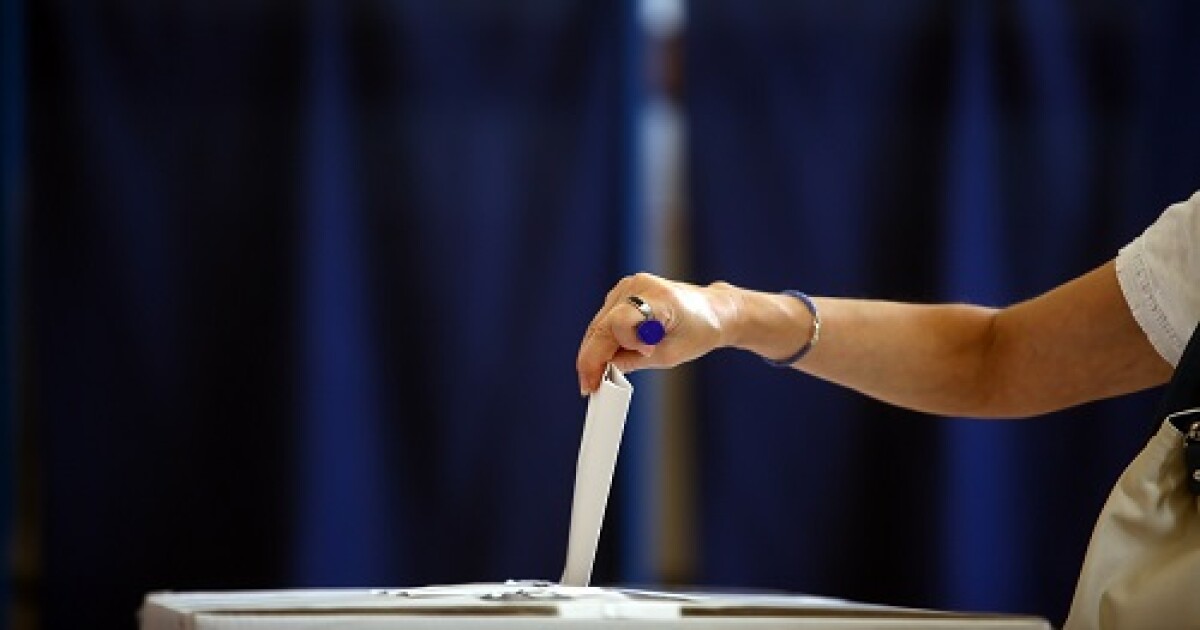
Real estate investors shared their views on
The majority of real estate investors
In expressing their views on who might create the better business environment for investors, Harris, again, came out on top among 47.2% of the segment compared to 39.2%
"It could be that investors are optimistic about the Harris campaign's initiatives focused on strengthening the housing market overall, and believe that those policies might benefit investors, tenants and homebuyers alike," CJ Patrick CEO Rick Sharga said in a press release.
"Survey respondents told us that a Harris Administration could create a more robust environment for investing, despite some proposals — like raising the capital gains tax — and policies being pursued by the Biden-Harris Administration, such as rent control and limiting tax benefits for owners of 50 or more rental properties, that seem to be inherently anti-investor," he added.
A split emerged, though, between fix-and-flip and rental businesses, possibly due to some of the current administration's proposals. On a national basis, home flippers saw Harris better for business over Trump by 56.9% to 32.6%. On the other hand, rental investors preferred the former president to Harris 45% to 39.6%.
Challenges in
Nearly four-fifths, or 79.8%, of the investment community cited the
While the share reflected an overwhelming majority, it contracted from 84% in the prior second-quarter survey. The most recent data was collected prior to the arrival of Hurricane Helene in late September, which put
Home flippers were more likely to note insurance concerns, with 82.9% referencing it as an issue, compared to 69.4% of rental investors. Flippers had a higher propensity for a negative business experience due to insurance-related factors, contributing to the gap, according to survey researchers.
"Insurance issues have caused more flippers (73.3%) than rental investors (45%) to miss out on a deal," the report said.
Concern among investment businesses in states hit hard by high premium costs and exiting insurance providers soared. A 97% share of home flippers in California ranked insurance challenges as a hot issue, with Florida at 93%. Among rental investors, the numbers stood at 85% in California and 90% in the Sunshine State.
Despite added scrutiny on insurance coverage in what has turned into a deadly hurricane season, real estate investors overall still appeared optimistic with near-term business prospects. Approximately, 68.1% said current conditions were better than they were a year ago, with the outlook for further improvement over the next six months growing to a 71.1% share of investors. Numbers improved from approximately 60% in response to both queries over the summer.
At the same time, the percentage of investors seeing deteriorating business conditions declined from the prior quarter to 13.5% currently and 8.6% in the next six months — both smallest in the year-old survey's history.
"Investor sentiment is almost twice as positive today as it was in the third quarter of 2023, and they're even more optimistic about the future," said RCN Capital CEO Jeffrey Tesch, in a press release.
"It seems likely that investors are reacting to improving market dynamics — financing costs declining, the inventory or homes for sale increasing dramatically and home price appreciation slowing down, but still rising."
Their views of housing costs showed 36.5% expecting home prices to rise by more than five percentage points in the next six months, with 34% seeing a smaller increase. Meanwhile, 18.4% said prices would remain near current levels, while 11% thought they would fall.



